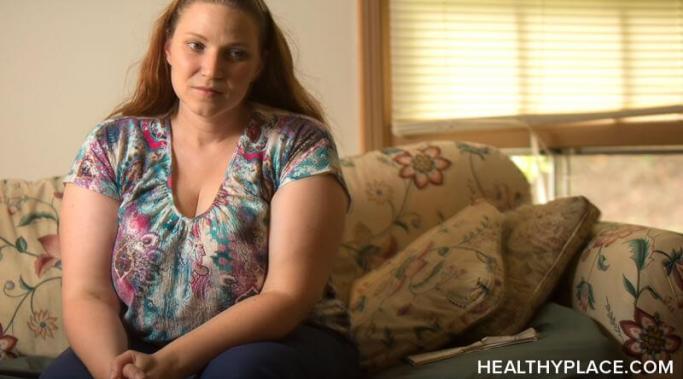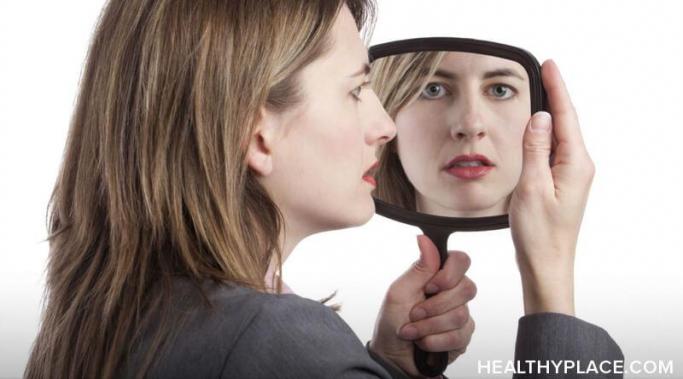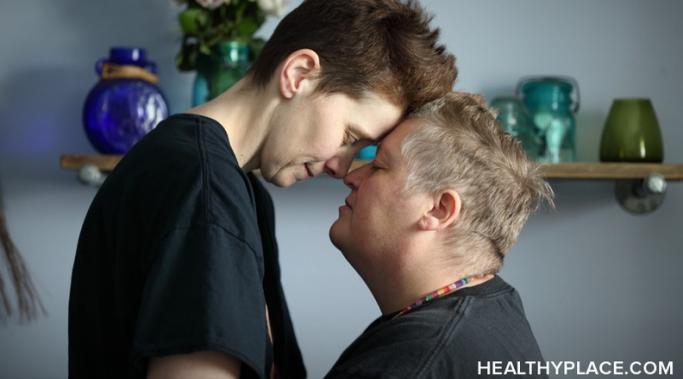Blogs
Depression relapses happen. This is a truth that everyone in depression recovery must accept. But not all relapses are created equal, and there are things you can do to mitigate or even pre-empt a relapse before it becomes a mental health crisis. The key is learning how to recognize the earliest symptoms of depression relapse and treating them with your very own mental health first aid kit before more serious intervention is required.
If you have bipolar disorder, there's a good chance you've wondered, "Is it my fault I have bipolar disorder?" In my experience, most of us wonder this at some point, usually early after diagnosis -- I know I certainly did. There are multiple reasons this seems to come up for people. If you're wondering if your bipolar disorder is your fault, read on.
My psychopharmacologist of the past 20 years is retiring, and my former psychotherapist moved out of state, so I had to find a new therapist to treat my schizoaffective disorder and a new practitioner to prescribe psychiatric medication for my schizoaffective disorder.
Self-harm scars and summer go together like peanut butter and fish—in other words, not at all. Here are some of the challenges of living with scars in the summer and some ideas for how to cope.
My child is going through a formal evaluation for his attention-deficit/hyperactivity disorder (ADHD), which means I've answered approximately 506 questions regarding everything from how he acts in school to how I discipline him at home to which daily tasks he can accomplish by himself without being prompted. The doctor also took notes on how I interacted with my son, and by the end of the session, I felt like I had been evaluated as a mother as much as my child had been evaluated for ADHD. I felt insecure and judged.
How can having faith help anxiety? Let's talk about why having faith works, what faith is, how to have faith, and faith's effect on anxiety.
It's hard to know how bad a bipolar episode is when you're living it. That's because it's your brain that is sick. It is your perception that is skewed. Other people may look at you and think it's clear how sick you are and how truly bad a bipolar episode is, but these people are fundamentally missing the problem: you're so sick that you can't see how sick you are.
It can be challenging to make and keep friends if you live with any mental illness. If you have borderline personality disorder (BPD), your unpredictable behaviors, tumultuous emotions, and fear of abandonment can drive others away. However, managing your BPD symptoms can help you to stabilize your friendships.
Juliana Sabatello
Fulfilling social connections can provide a feeling of belonging and a support system that benefits our mental health, but mental illnesses often cause us to isolate ourselves from others, making the mental illness worse by depriving us of the basic human need for connection. I talked about my experiences with social anxiety in a previous article, "How I Overcame Social Anxiety by Acting As If," and I want to talk a little more today about how, although mental illness and isolation go together, connection is a path toward mental health.
It's very important to take other peoples' trauma seriously, but sometimes, families struggle to do so. I made a video explaining my experience with family trauma and gaslighting.









